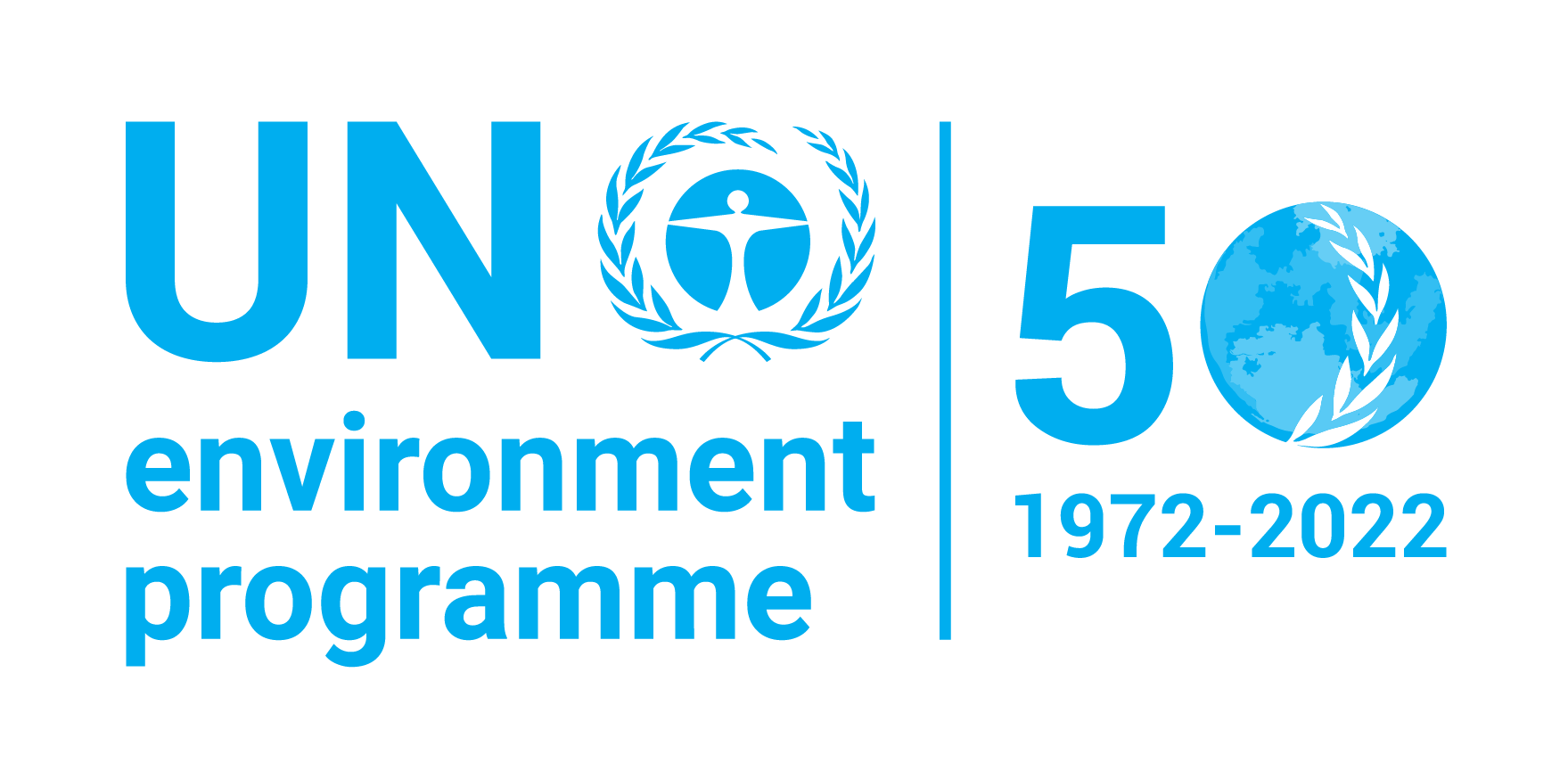| dc.description | This report directly responds to one of the resolutions approved at the United Nations Environment Assembly (UNEA) in May 2016, which acknowledges the dearth of information on pastoralism and rangelands. The resolution calls for a gap analysis of environmental and socioeconomic information and the provision of technical support for promoting pastoralism and rangelands. This report is also guided by the mandate of UN Environment to conduct integrated assessments and analyses, the 2030 Agenda for Sustainable Development and specifically the SDGs and their targets and indicators related to pastoralism and rangelands. The gap analysis is based on a rapid study conducted from May 2017 to August 2018, covering information available since 2000. It analyses the accessibility and availability of and level of confidence2 in data on pastoralism and rangelands publicly available from various Internet sources, including assessments, databases, scientific publications in Scopus (an online database of peer-reviewed literature) and multilateral environmental agreements. The gap analysis also examines types of technical support for pastoralism provided by multilateral organizations and through official development assistance (ODA) of member countries of the Organisation for Economic Co-operation and Development (OECD). In addition to the rapid study, a survey on the perspectives of different organizations and pastoralists was used to inform the gap analysis, covering issues such as information collection methods, confidence in the data, perceptions of gaps in information, and technical support for pastoralism and rangeland management. | en_US |


